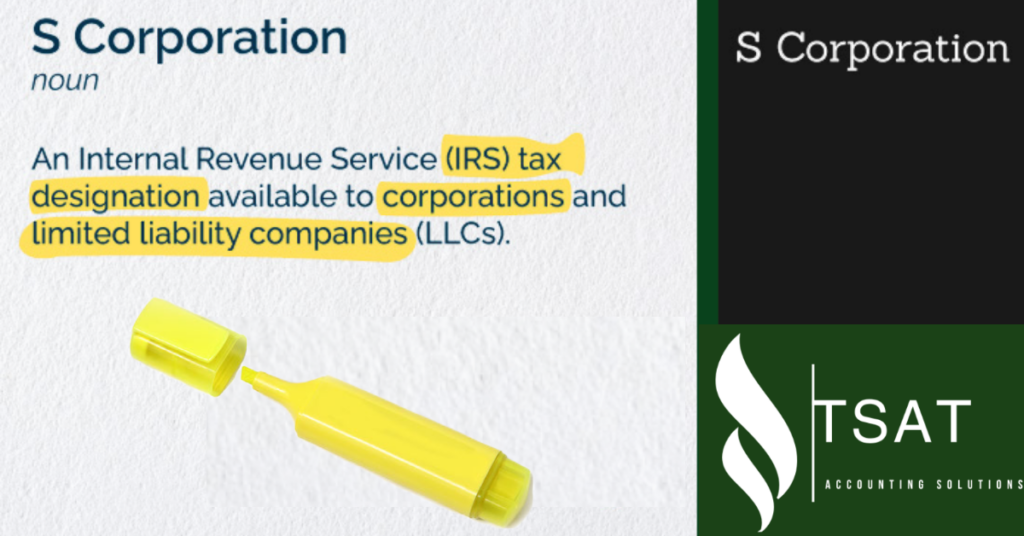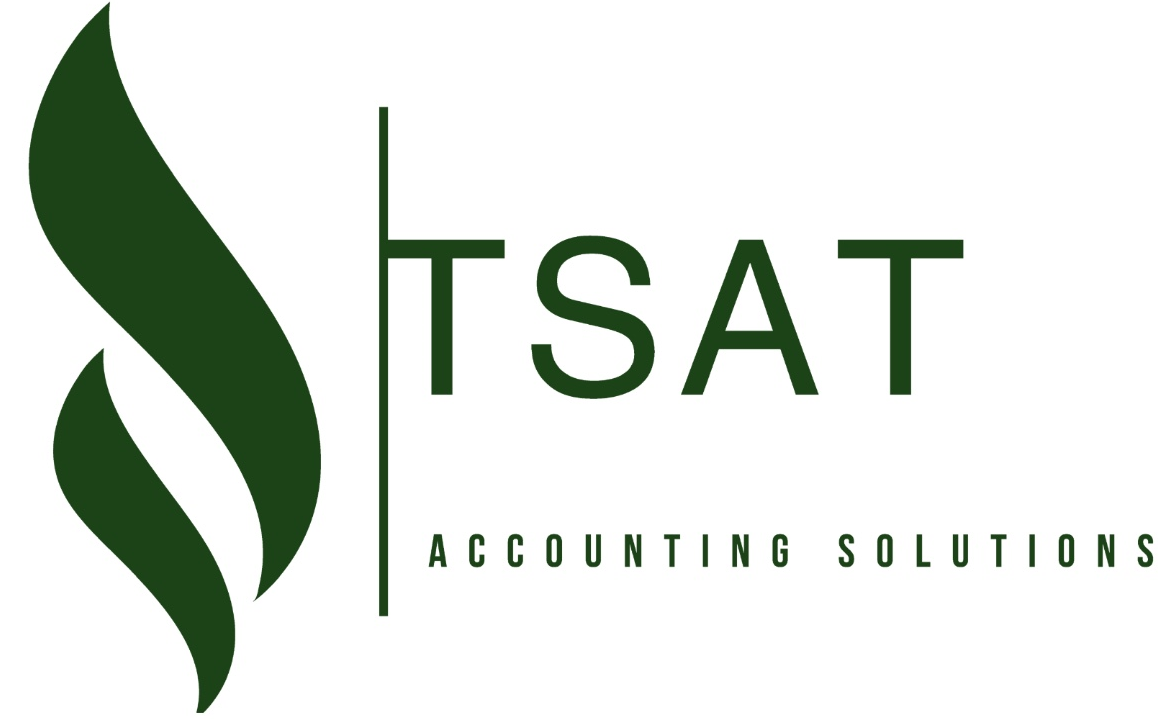
If you’re wondering what is an S-Corporation, this article will help you answer that question. As the name suggests, it’s a pass-through entity that offers pass-through taxation and limited liability protection. However, this entity type can only be created by businesses with fewer than one hundred shareholders. This article will also help you choose the right entity type for your business. Read on to find out more about the benefits of an S-Corporation.
S-Corporation is a pass-through entity
The S-Corporation is a tax-advantaged entity that is not subject to double-taxation, unlike a C-Corporation. The corporation reports its income and expenses on Form 1040, whereas the shareholders are taxed only on their portion of the income. The only difference between an S-Corporation and a C-Corporation is the ownership structure. The shareholders of an S corporation can own more than 50% of the stock of the corporation and they must pay taxes on that amount, rather than the company as a whole.
S corporations can only issue one class of stock, and they cannot have any preferences or special privileges. In addition, shareholders cannot be nonresident aliens, and they must hold their shares directly. Lastly, S corporations pay pass-through taxes, which are therefore paid at the shareholder’s personal tax rates. As a result, high-income shareholders pay more tax on dividends than lower-income individuals.
It offers limited liability protection
A C-Corporation is the default legal form for most businesses, but there are several benefits to operating as an S-Corporation. In addition to limited liability protection, this type of business has special tax status, which you can elect with a simple form (Form 2553). The IRS will treat your S-Corporation differently than your C-Corporation, but both types will have the same general characteristics and rules.
S-Corporations can be both a LLC and a corporation. While LLCs are taxed like partnerships, S-Corporations are subject to specific guidelines and requirements. As long as you keep the IRS’s guidelines in mind, your business should be safe. In addition, S-Corporations are usually exempt from federal income tax, and their owners are only taxed once, which is a significant savings, especially for new businesses.
It provides pass-through taxation
S-Corporations are similar to C-corporations in some respects, such as the fact that they file a corporate tax return. But the income generated by these corporations passes through to the shareholders, thus avoiding double taxation. Regardless, the owners must still file a tax return. And the S-corporation has some important benefits. It can reduce the owner’s taxable gains if the company sells, as the profits are taxed to the individual shareholders.
While S-corporations do face the lowest top rate on business income compared to other types of businesses, their shareholders are not subject to the FICA tax or payroll tax rate. S-corporations are exempt from both FICA and corporate taxes. This means that they can avoid paying these taxes in full. However, the tax implications are not without their limitations. You should carefully consider the benefits and drawbacks of an S-corporation.
What is pass-through taxation?
Pass-through taxation is a system of taxation that generally applies to sole proprietorships, partnerships, LLCs, and S corps. In this system, the profits or losses of the business aren’t taxed at the company level. Instead, they pass through to the owners’ personal tax returns and are taxed at each owners’ personal income tax rate.
It must have fewer than 100 shareholders
An S-Corporation is a domestic corporation with fewer than one hundred shareholders. Unless the corporation is a foreign one, all shareholders must be citizens or residents of the United States. A family member counts as one shareholder. This includes spouses, parents, siblings, and common ancestors. However, the definition of “family member” is generous. This definition includes first cousins, spouses, grandparents, and parents.
The advantages of an S-Corporation include being able to attract venture capitalists and raising capital without worrying about the tax implications. But one disadvantage is the restriction on how many shareholders in an S-Corporation can have. There are a few restrictions when deciding to create an S-Corporation, including its maximum shareholding class, a maximum number of shareholders, and the cost of filing.
It must be owned by U.S. citizens or resident aliens
If you are a resident alien, you may wonder whether it is possible to own an S-Corp. First, you must have the correct status. An S-Corp must be owned by residents of the United States or resident aliens who have a green card. In general, it is best if the shareholders of the S-Corp are U.S. citizens or resident aliens.
In order to maintain an S corporation, shareholders must be U.S. citizens or resident aliens. There are strict rules for who can own shares of an S corporation. Shareholders cannot be nonresident aliens or trusts. To be eligible, there must be a minimum of seventy-five U.S. citizens or resident aliens as shareholders.
It must have a business owner’s policy (BOP)
To protect your small business from lawsuits, an S-Corporation must have supplemental insurance. This policy is typically bundled with general liability and commercial property insurance. It is also important to understand that S-corps that operate in the technology industry are usually required to obtain cyber liability and errors and omissions insurance. Thankfully, there are many types of policies for small businesses, and this article will discuss some of the most common types.
Interested in learning more about S-Corps? Check out our S-Corp CFO Vault!
At TSAT, we know that a great businesses need to operate at high levels of service, accuracy, reliability, and throughput. We also know that the only way to ensure these things are achieved is to develop a comprehensive set of accounting and finance policies and procedures and to regularly train all personnel involved in the management and control of the company’s software. Only by taking steps toward accounting, quality assurance, and finances can a small business accounting department expand its business and improve its profit margins. It takes a little work to make sure that every aspect of small business accounting is running at full capacity, and we are here to help!
Here at TSAT, we are not simply tax preparers. We work with you to provide a 360-degree strategic financial advice, including small business operations and investment guidance. We will help you stay ahead of the curve when it small business or personal investments!
If you are a gig worker or small business owner looking to grow your business, TSAT’s AMAZING team considers much more than just your taxes!
TSAT’s Services will let you focus on your business’s core competencies! Whether you have a small business or you need help personally, TSAT can give you HOPE! Call us today!
Phone: (417) 208-2858
- Website: TSAT Accounting Solutions
- Facebook: TSAT Facebook
- Calendly : Quickly schedule a 15 minute call!
- Alignable: Connect with Us on Alignable!

“We want to Amaze our Clients not just serve them”. – Tabitha Smith

